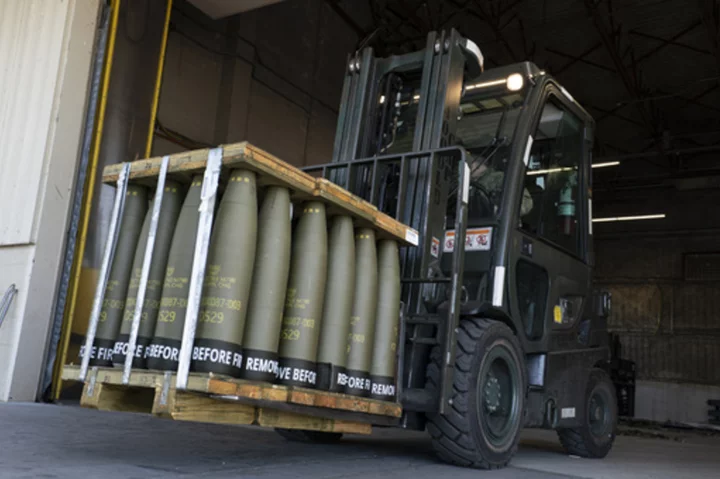The number of migrants arriving in Spain's Canary Islands so far this year has passed the record number set during all of 2006, official figures showed Thursday.
Between January 1 and November 15, 32,436 migrants reached the Canaries after making the perilous crossing from Africa, compared to the 31,678 who landed in the seven-island archipelago during all of 2006, according to an interior ministry report.
The figure represents a 118 percent jump over the same period in 2022, the report added.
The record influx has overwhelmed the Canary Islands regional government, which has demanded more resources from Spain's central government to care for migrants.
In an address to parliament before the figures were published, Prime Minister Pedro Sanchez said the central government was doing "everything to redistribute" migrants who arrive in the Canaries to reception centres on mainland Spain.
As controls have been tightened in the Mediterranean, the Canaries route has become a favourite for people fleeing poverty and conflict in Africa, mostly on overcrowded, barely seaworthy vessels.
Boats depart from Morocco and Western Sahara, as well as Mauritania, Gambia and Senegal further south.
The journey from Senegal to the Canaries usually takes a week of difficult upwind sailing for around 1,600 kilometres (1,000 miles).
To avoid border controls, smugglers take longer journeys, navigating west into the open Atlantic before continuing north to the Canaries -- a detour that brings many to the tiny westernmost El Hierro island.
Local officials in El Hierro have likened the increasing numbers to conditions on Lampedusa, the small Italian island in the Mediterranean that has long been a transit point for migrants heading for Europe.
More than 7,800 people died or went missing at sea en route to the seven-island archipelago between 2018 and 2022, according to Spanish NGO Caminando Fronteras, which helps migrant boats in distress and the families of those who have gone missing.
Faced with the extra arrivals. Madrid has stepped up its cooperation with Senegal and Mauritania to try to stop boats from leaving for the Canaries.
Spain's Interior Minister Fernando Grande-Marlaska aid last month that over 12,000 migrants had been prevented from reaching the Canaries since the start of the year.
mg/ds/tw









